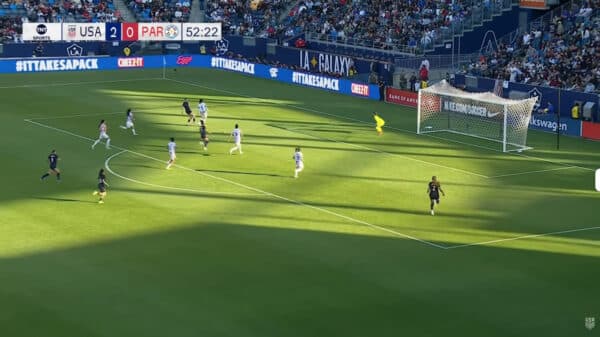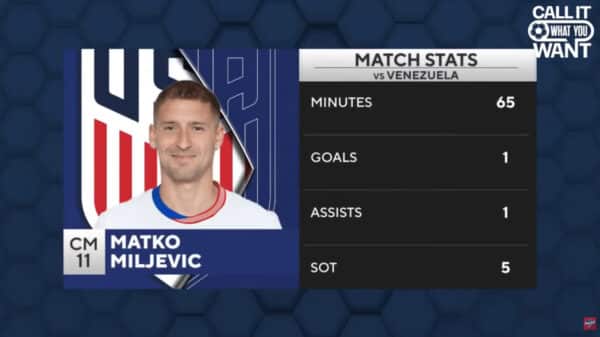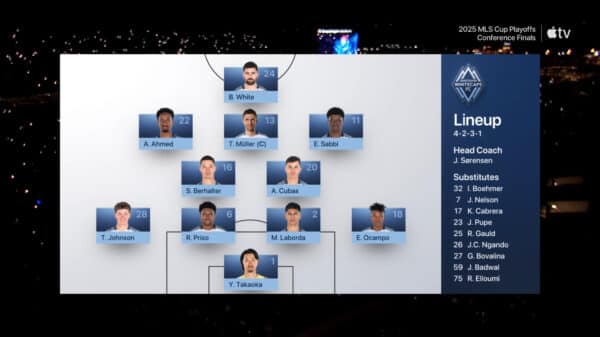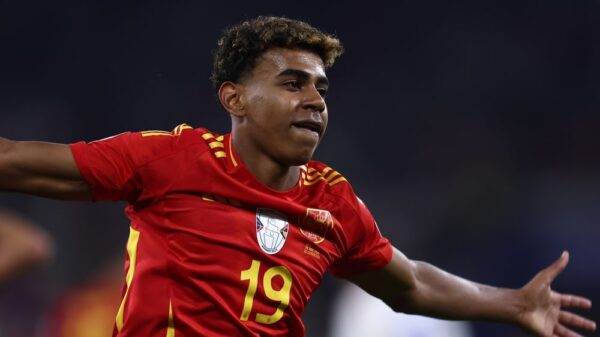Tottenham Hotspur is poised to make headlines with a potentially record-setting move to appoint Thomas Frank from Brentford as their new manager. This development underscores a growing trend in football: while players often capture the limelight and command hefty transfer fees, managers are increasingly recognized as valuable assets in their own right. But how does Frank’s potential transfer align with the broader context of high-profile managerial appointments, especially when considering the likes of Real Madrid and Manchester United?
In the realm of football, managers play a crucial role within their clubs. Their strategies, decisions, and leadership can significantly alter a team’s fortunes. Yet, it’s somewhat unexpected that the financial outlays associated with hiring a new manager have typically been overshadowed by the astronomical fees paid for star players. However, this narrative has been shifting gradually over the past few years.
As clubs acknowledge the pivotal role a strong manager plays in achieving success, many are increasingly willing to invest deeply in top-tier coaching talent. Let’s examine some of the highest-profile managerial transfers in football history to contextualize Frank’s current situation.
One prominent example is Jose Mourinho, whose career peaked in 2010 when he guided Inter Milan to an extraordinary treble. Following a historic victory over Barcelona, which prevented the Catalan giants from claiming the Champions League trophy at the Santiago Bernabeu, he became an immediate target for Real Madrid president Florentino Perez. Mourinho’s move to Madrid, celebrated as “this year’s Galactico,” came at a cost of around €8 million—a significant amount at the time, which pales in comparison to today’s figures.
Another compelling case is Ruben Amorim, a former Benfica midfielder-turned-manager. After an impressive stint at Braga, winning 10 out of 13 matches, Sporting Lisbon saw potential in Amorim and paid €10 million to bring him aboard. Under his stewardship, Sporting clinched their first league title in 19 years, arguably making that investment one of the smartest decisions in recent Portuguese football.
The rising esteem of managers is also evident in Brendan Rodgers’ move. He departed Celtic, where he was near completing a historic Treble-Treble, to join Leicester City for a fee of €10.5 million. While some questioned his timing, Rodgers successfully transformed Leicester into a competitive force, nearly securing a Champions League spot for two consecutive seasons, rendering that investment worthwhile.
Currently, Thomas Frank finds himself at a pivotal crossroads. Spurs are reportedly poised to activate his £10 million release clause to appoint him as their next head coach, a figure that symbolizes his rise in the managerial ranks since taking Brentford from the Championship to the Premier League. His adeptness at managing a club with limited funds while achieving a solid mid-table finish has made him an attractive candidate for a team with greater ambitions.
As we examine higher coaching fees, Vincent Kompany’s acquisition by Bayern Munich for an impressive €12 million comes to mind, alongside former Chelsea manager Andre Villas-Boas, who joined the club for €15 million but was dismissed just months later. His tumultuous stint serves as a reminder of how quickly fortunes can shift in this sport.
Julian Nagelsmann’s transfer from RB Leipzig to Bayern Munich for €25 million stands out as one of the most notable managerial moves in recent memory. Though he initially led the Bavarians to triumph, his subsequent challenges raised doubts about his capabilities. Now, with fresh talent emerging in the managerial landscape, Frank is poised to step into the spotlight and make a significant impact.
Additionally, there’s Graham Potter, whose transfer from Brighton to Chelsea reportedly cost around £21.5 million, establishing a new benchmark for managerial fees at the time. Despite a challenging tenure, the move illustrates the escalating valuation of managerial talent in elite football.
As Tottenham pursues Thomas Frank, it’s evident that the managerial landscape is shifting—what was once seen as a minor investment is now critical for a club’s success. The stakes are high, and whoever occupies the dugout will need not only tactical acumen and leadership but also the ability to adapt and thrive under pressure. It’s an exhilarating time for football, both for managers and the fans who closely follow their journeys.
Image Source: Sky Sports Premier League @ YouTube






















